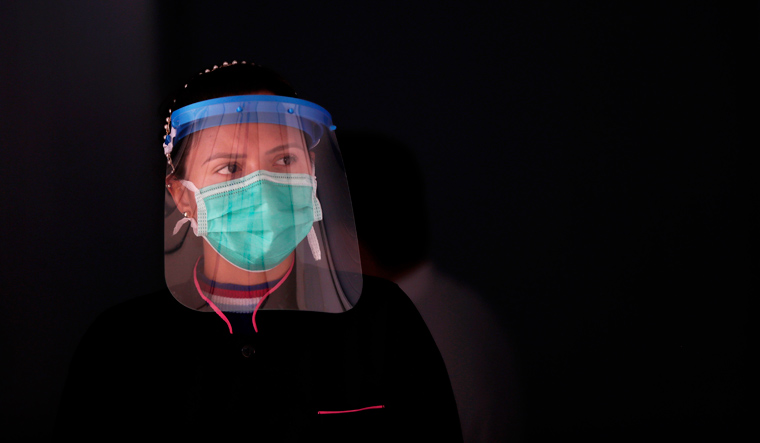Public Health England (PHE), after norovirus cases were detected, issued a warning. The UK, which relaxed its coronavirus restrictions, has reported a jump in cases of norovirus—154 cases have been detected in five weeks since the end of May, PHE reported.
The Centres for Disease Control and Prevention has called the norovirus a very contagious bug that causes diarrhoea and the PHE called it the ‘winter vomiting bug’.
Symptoms
The virus has an incubation period of 24-48 hours and can spread across people of all ages. Stomach pain, diarrhoea and vomiting are the first symptoms experienced by patients.
The vulnerable demographic of infants, the elderly and those with existing health conditions would need immediate medical attention to cure dehydration caused due to the bug. In most cases though, people are known to recover in 1-3 days. Other symptoms of the virus include headache, fever and body aches.
How does the virus spread?
The norovirus is spread by direct contact with an infected person or consuming contaminated food or water and touching contaminated surfaces and then putting your unwashed hands in your mouth.
The virus usually spreads in small confines like hospitals, nursing homes, child-care centres, schools and cruise ships. In several instances, patients may not show any symptoms. According to the CDC, a person can be infected with the norovirus more than once as there are different types of noroviruses.
Being infected with one type of norovirus doesn’t protect you from other strains of the virus.
Cure and prevention
There is no specific cure for norovirus. But, patients must be wary of being dehydrated and drink plenty of fluids like soups, juices and electrolytes.
The best way to prevent from contracting the virus is to clean your hands at regular intervals. Wash your hands before and after using the toilet, before or after preparing or eating food, changing diapers, or before and after giving yourself or someone else medicine.


